Facts about Steel & Metall
Request demand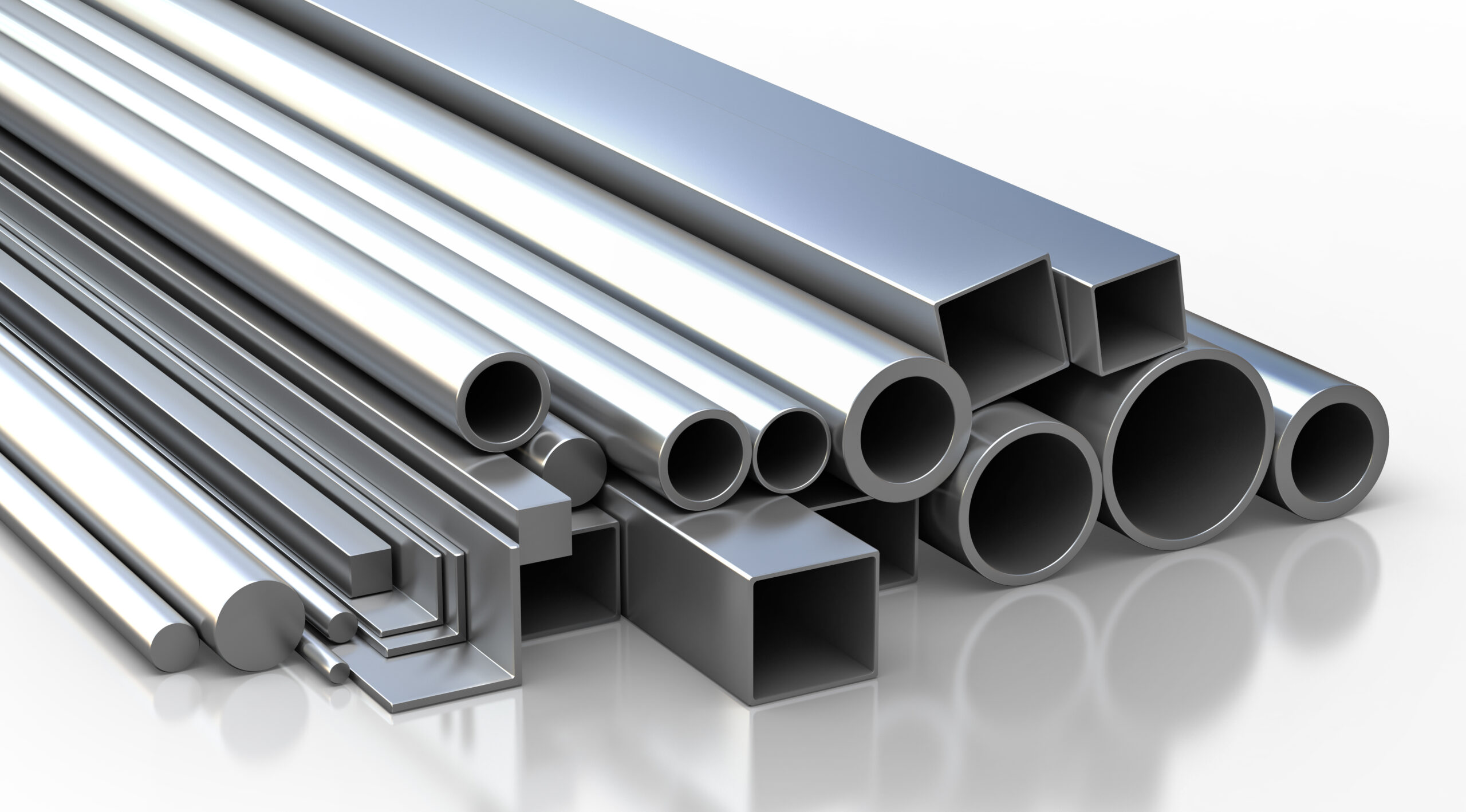
Interesting facts about steel and metal
Why are nickel alloys so important for the chemical industry?
Nickel alloys play a critical role in the chemical industry and for good reasons!
EXCELLENT CORROSION RESISTANCE:
These alloys withstand a wide range of aggressive chemicals, including acids, alkalis and salt solutions. No wonder they are used in demanding environments where other metals would capitulate.
HIGH TEMPERATURE RESISTANCE:
In processes that require high temperatures, nickel alloys shine with their mechanical strength and corrosion resistance. Perfect for the petrochemical industry and high-temperature reactors.
PRESSURE RESISTANCE:
When it comes to high pressure, nickel alloys are on hand! Ideal for use in pressure vessels and piping systems in chemical processing.
CHEMICAL INERTNESS:
Some nickel alloys are chemically inert and do not react with most chemicals, making them perfect for demanding food and pharmaceutical applications.
LOW TEMPERATURE PROPERTIES:
Even in freezing conditions, some nickel alloys exhibit toughness and strength. A great option for refrigeration and cryogenics.
RESISTANT TO EROSION AND ABRASION:
Where erosion and abrasion are a challenge, nickel alloys make a clear statement and hold up.
EXPERIENCE AND AVAILABILITY:
Proven and well researched in the chemical industry, there is a wide range of nickel alloys available to meet individual requirements.
Overall, nickel alloys are irreplaceable for the chemical industry, especially when it comes to the most aggressive media, extreme temperatures and the highest safety standards!
What tolerances are important in surface finishing?
When it comes to using sheet metal, surface finish is a critical factor that often determines the performance and aesthetics of the final product. Here are some basic surface tolerances to be aware of:
ROUGHNESS:
- N6: 0,2 μm (8 μin)
- N5: 0,4 μm (16 μin)
- N4: 0,8 μm (32 μin)
- N3: 1,6 μm (63 μin)
- N2: 3,2 μm (125 μin)
- N1: 6,3 μm (250 μin)
FLATNESS ACCORDING TO DIN EN 10163-2 (EUROPEAN STANDARD):
- Class A: 0,3 mm on 1 m
- Class B: 0,5 mm on 1 m
- Class C: 0,7 mm on 1 m
FLATNESS ACCORDING TO ASTM A568 (AMERICAN STANDARD):
- Commercial Quality (CQ): 0,33 mm on1 m
- Drawing Quality (DQ): 0,25 mm per 1 m
- Structural Quality (SQ): 0,50 mm on 1 m
These tolerances play an important role in choosing the right surface finish for your sheet metal project. Roughness affects the adhesion of coatings and paints, while flatness determines the flatness of the surface.
Whether sheet metal is needed for decorative purposes or industrial applications, choosing the right surface finish can make a big difference!
Want to learn more about heat & surface finishing at HSM?
What is strip steel used for in the automotive industry?
Strip steel in the automotive industry stands for greater safety and reliability.
From bodywork and chassis to seat belts and airbags, this versatile material is present everywhere to improve the quality and safety of our vehicles.
BODY PANELS:
Strip steel enables robust yet flexible body panels that minimize deformation in accidents, increasing occupant protection.
CHASSIS COMPONENTS:
With the high strength and durability of strip steel, we enjoy a safe and comfortable ride with reliable springs, shock absorbers and stabilizers.
Seat belts and airbags:
Strip steel with high tensile strength is the cornerstone of our life-saving seat belts and airbags, which function perfectly in the event of an accident.
ENGINE AND TRANSMISSION COMPONENTS:
Strip steel provides precise seals, bearings and more in engines and transmissions – essential for the reliability of our vehicles.
In the automotive industry, strict norms and standards such as ISO/TS 16949, DIN EN 10111 and ASTM A568 apply to ensure the quality and safety of strip steel. After all, safety comes first on our roads!
As technology advances, strip steel will continue to make a significant contribution to making our vehicles safer and more reliable than ever. Together, we are driving into a promising future!
HSM supplies the automotive industry.For more information, click here:
What makes spring hinge so special?
Spring steel strip, a special variant of strip steel, is a true all-rounder in spring production. What makes it so special?
HERE ARE THE MOST IMPORTANT PROPERTIES:
1️⃣ High elasticity: spring steel strip returns to its original shape after deformation – perfect for springs!
2️⃣ High strength: This steel variant generates the necessary spring force that makes our springs so efficient.
3️⃣ Easy to form: Processing spring strip steel is a breeze, allowing springs to be formed into a wide variety of shapes.
4️⃣ Smooth and robust: A premium surface finish reduces wear and fatigue for long-lasting springs.
AREAS OF APPLICATION:
🚗 Vehicles: springs for suspensions and clutches.
🔌 Electronics: Springs for contacts and connections.
🏡 Household appliances: springs for doors, switches, and flaps.
⚕️ Medical technology: springs for medical devices and instruments.
🏭 Industry: springs for mechanical components and devices.
MACHINING TIPS:
✔️ Careful inspection of quality and specification before processing.
✔️ Controlled deformation to avoid breakage.
✔️ Clean surfaces during machining for best results.
✔️ Heat treat to manufacturer’s specifications for desired properties.
SPRING STEEL STRIP MATERIAL GRADES:
C55S: Carbon spring steel with medium carbon concentration and good formability.
51CrV4: Alloy spring steel with high chromium and vanadium content, which has high strength and hardness.
X10CrNi18-8: Stainless spring steel with good corrosion resistance and high elasticity.
Spring strip steel is a valuable material that makes springs indispensable in many fields. It guarantees performance and reliability wherever springs are needed.
We will find the right solution
for every challenge
Materials
portfolio
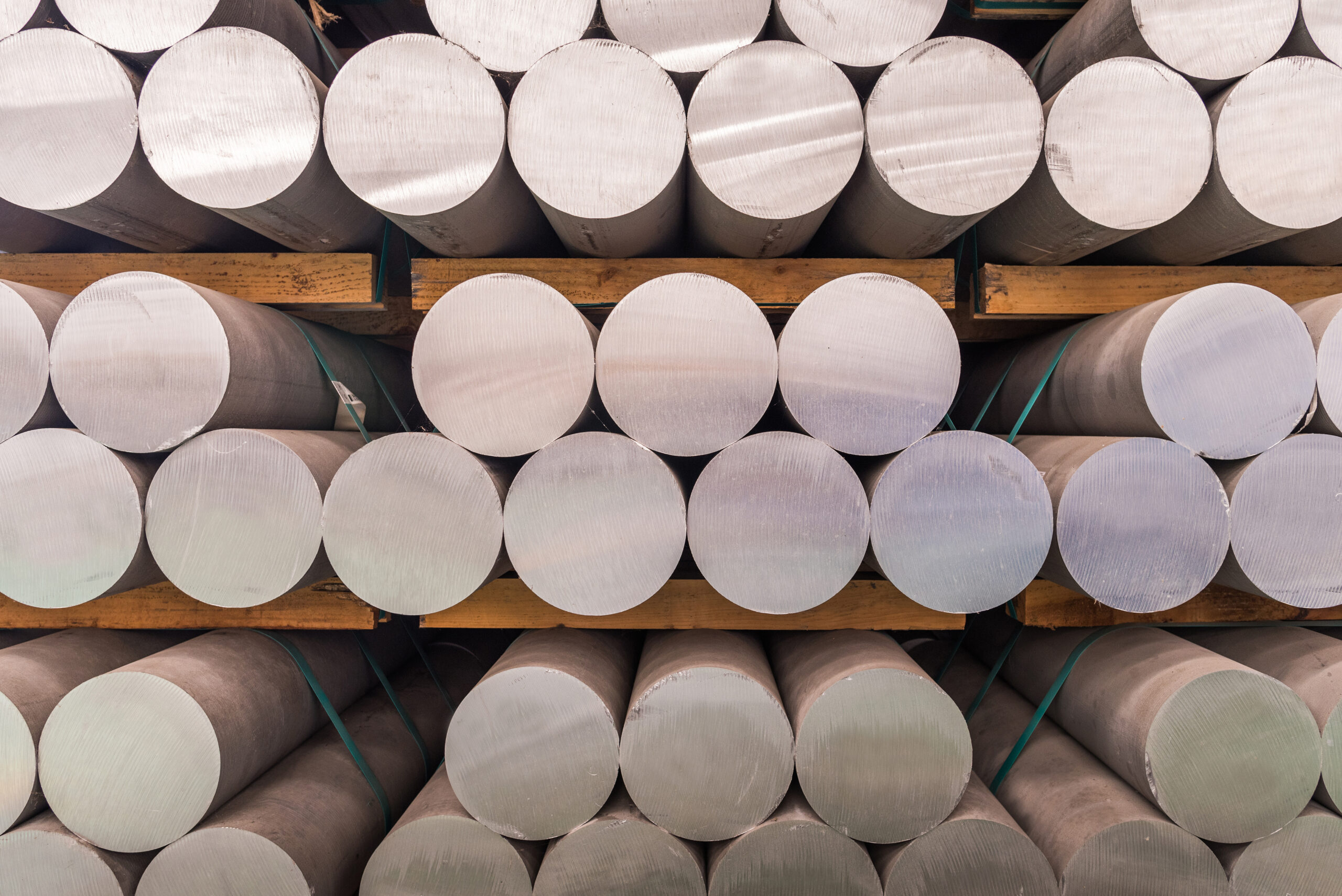
Production &
processing
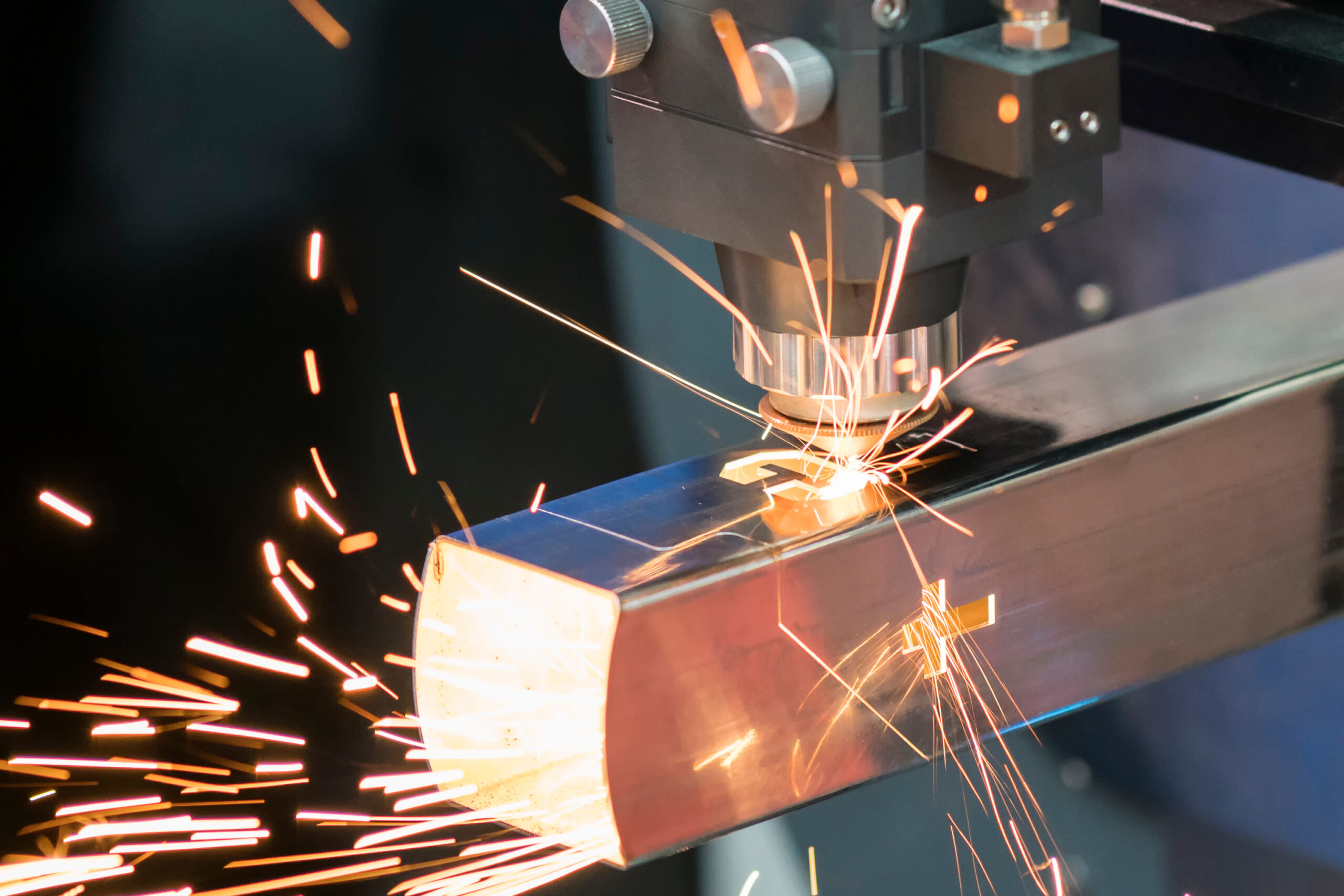
Quality
management
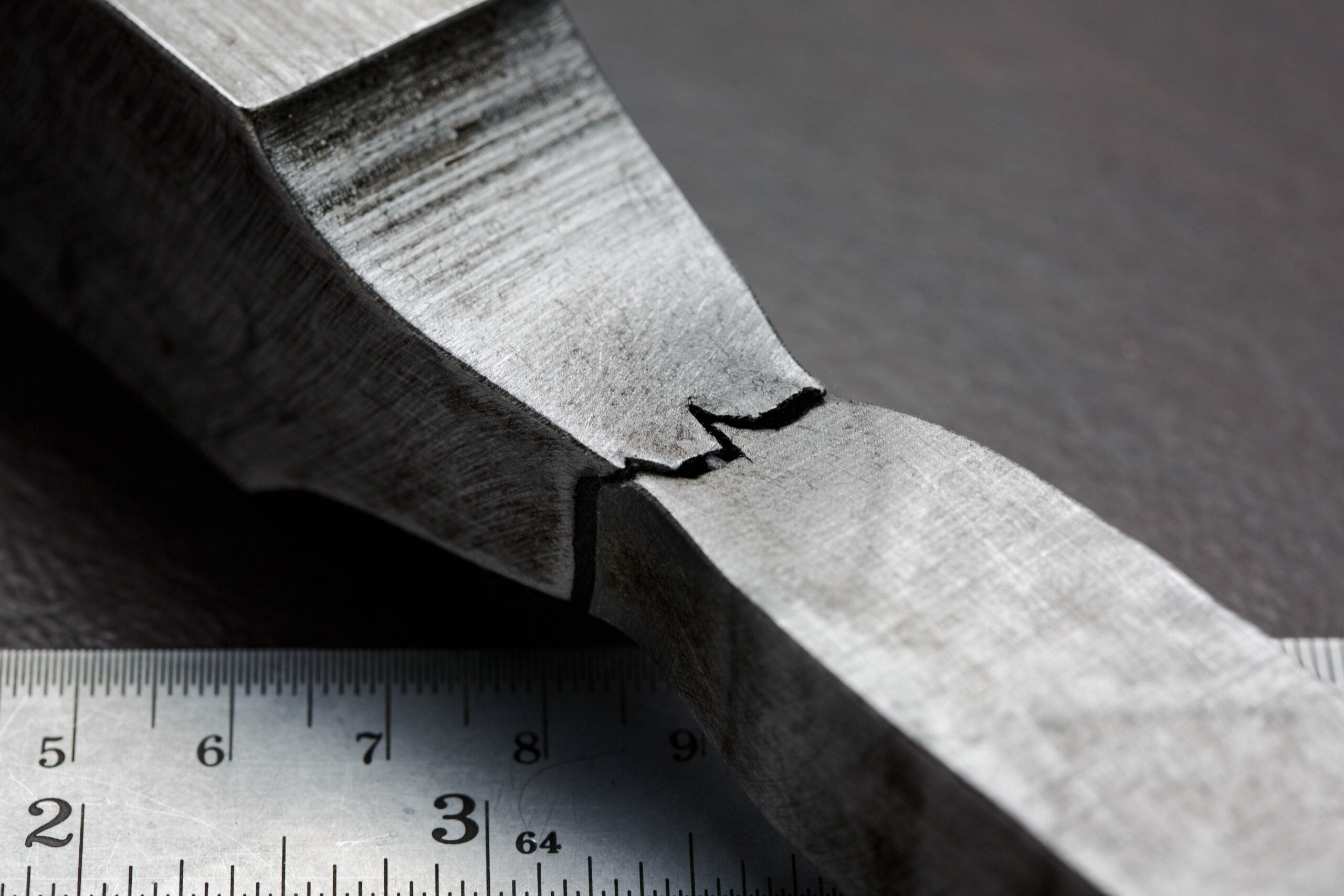
Logistics &
storage solutions
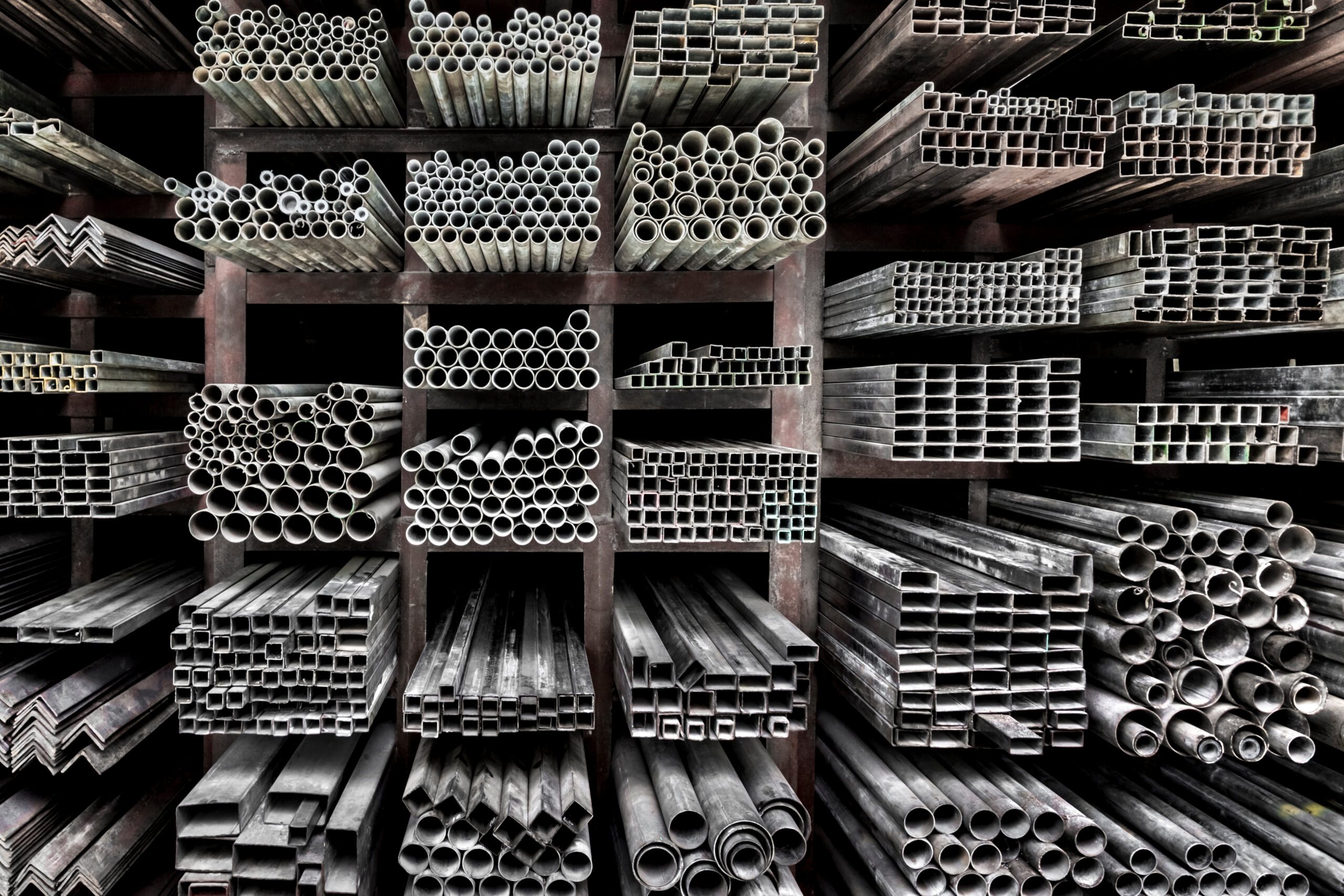
Tailor-made
service


